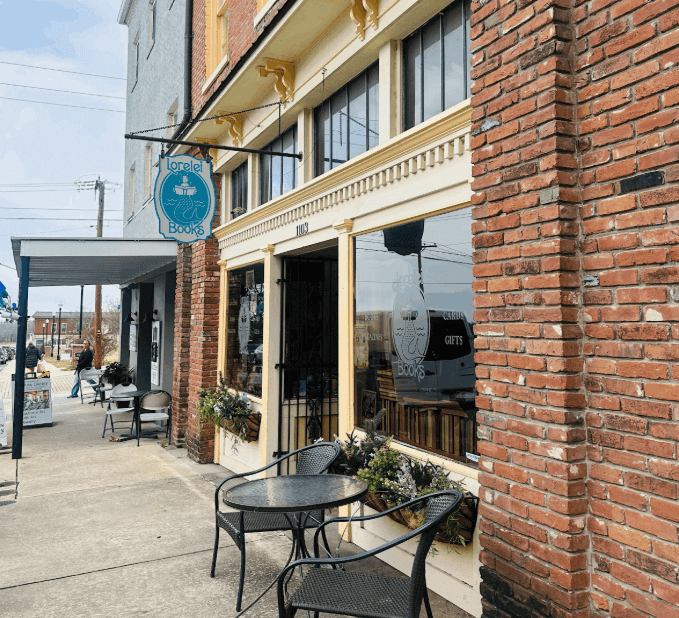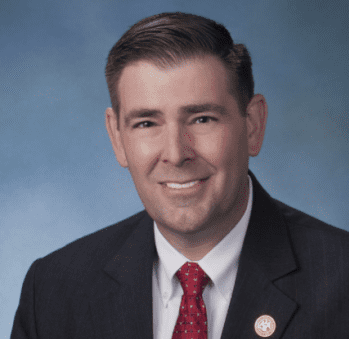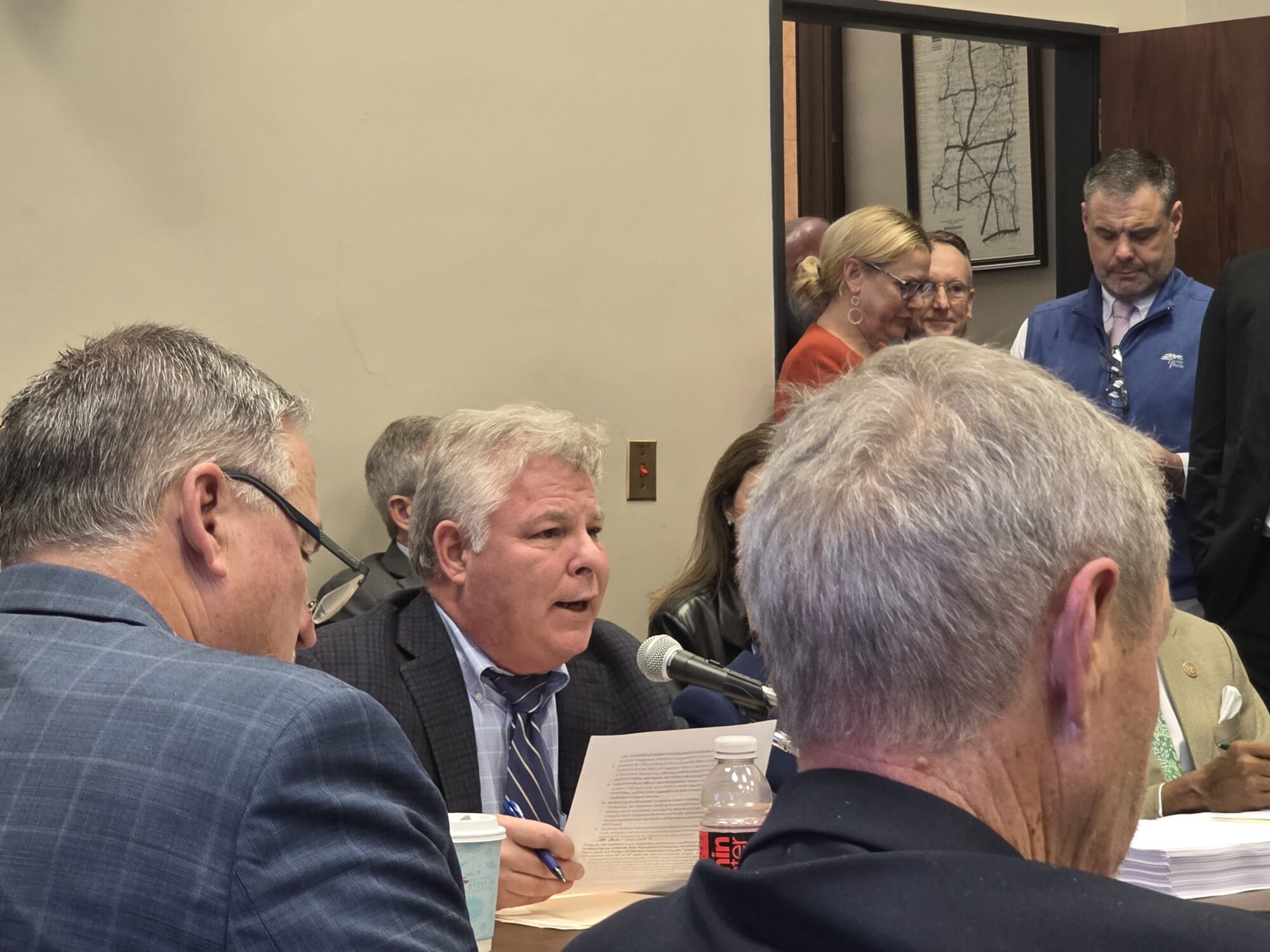
Studio portrait of Sid Salter. (photo by Beth Wynn / © Mississippi State University)
By: Sid Salter
The haunting photo of the bodies of Salvadoran migrant Oscar Alberto Martínez Ramirez and his 23-month-old daughter, Valeria, on the banks of the Rio Grande at Matamoros, Mexico has now – for good or ill – become the face of the immigration debate in America.
Family members told officials that Ramirez and the child were trying to illegally cross the U.S.-Mexican border by swimming the river near Brownsville, Texas and had made it across. But when Ramirez left the child on the U.S. side to go back across to get his wife, the child jumped in the water after him.
Both drowned while seeking asylum in the U.S. The wrenching debate over this incident has revealed at once the ethos, pathos and logos of how our citizens and our politicians think about the concept of America as a nation of immigrants.
It is a debate that is epic in proportion, but the notion that one political party or the other or one president or the other has done more to precipitate the heartbreaking image from the river bank in Mexico ignores the long view of immigration policy and spending in America.
In May 1, President Donald Trump asked Congress for $4.5 billion in emergency border security funds – including $3.3 billion in humanitarian assistance, $1.1 billion for border operations and $1.78 billion for “mission support.”
That request was over and above the $8.6 billion that Trump had already sought from Congress to build his proposed Southern border wall in the federal Fiscal Year 2020 budget.
Yet it would be almost two months before Congress – with the Democrat-controlled House and the GOP-run Senate – could agree on a $4.6 billion package of emergency funding – on June 27. What should not be lost in the national immigration debate is the fact that while the gut-wrenching story of the Ramirez family should be a source of deep soul-searching for all Americans, it’s not the whole story.
U.S. Department of Homeland Security budgets reflect that since its creation in 2003, more than $324 billion has been spent on immigration enforcement and border security. That total includes staff for U.S. Customs and Border Protection and U.S. Immigration and Customs Enforcement that total 84,000.
What’s the trajectory of growth in border security and enforcement spending? In 1990, the U.S. spent $263 million annually for these functions. By 2003, that annual figure rose to $1.515 billion. In 2019, the annual figure rose to $4.7 billion – not including the $4.6 billion in emergency funds passed this week.
The post-9/11 immigration fears that gripped the country certainly contributed to the rapid rise in border security and immigration enforcement spending, but the current crisis along the Southern border has precious little to do with counter-terrorism efforts. Nor does any real basis in fact exist for the popular myth that U.S. Southern border troubles are caused by “Mexicans coming to steal our jobs.”
Central America’s “Northern Triangle” (El Salvador, Honduras and Guatemala) is dominated by lawlessness and gang violence that has made the region unstable and forced as many as 3.4 million residents with families and children to flee and brave the treacherous trek north to the U.S. seeking a better, safer life away from the extortions of gangs and organized crime in their home countries.
Those caravans of Northern Triangle refugees have continued despite the efforts of Mexico and the U.S. to discourage them from making the trip. Understanding the motivations of the migrants are key to understanding why the border problem is so dire. It was those motivations that led Oscar and Valeria Ramirez to risk and unfortunately encounter death in the muddy Rio Grande while seeking the supposed safety and sanctuary of new lives in America.
Even with the best of intentions, how many millions of Northern Triangle refugees can our nation – struggling with yet unsolved and unfunded U.S. problems of public health care, crumbling infrastructure and evolving national security issues – save, support and absorb as new American citizens?











